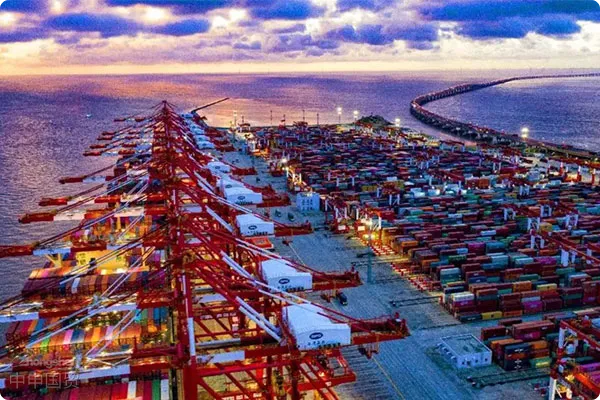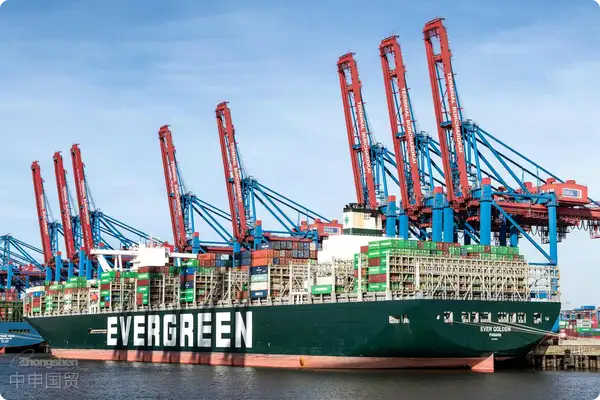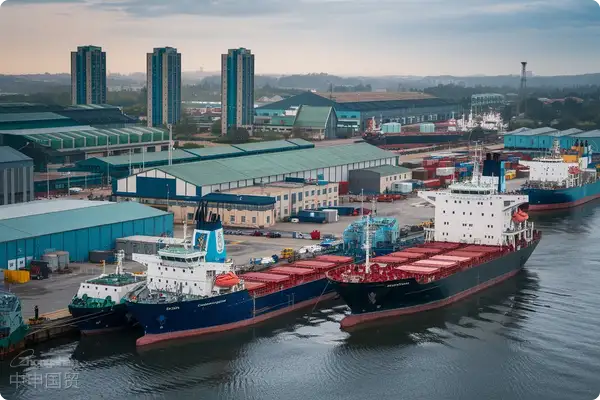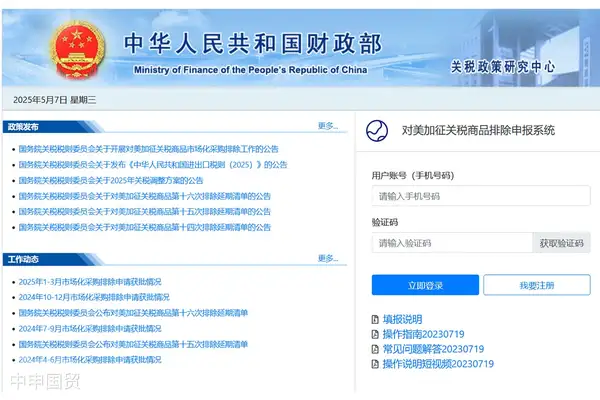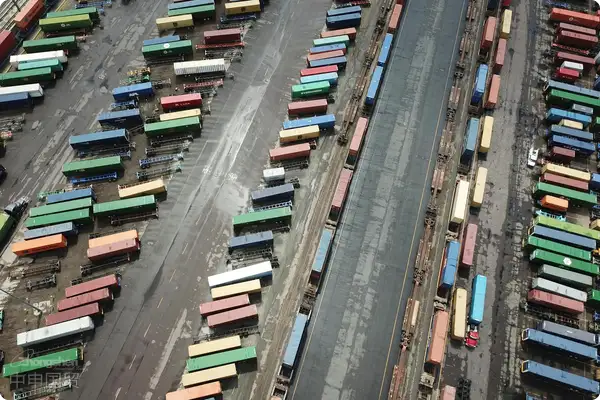- Shanghai Zhongshen International Trade Co., Ltd. - Two decades of trade agency expertise.
- Service Hotline: 139 1787 2118
When conducting trade activities in Vietnam, the laws, regulations, and requirements for labeling are an indispensable aspect. This not only affects whether products can successfully enter the market but may also involve various fines and legal liabilities. This article will provide a detailed analysis of Vietnams labeling regulations and how to comply with these rules to ensure business success.
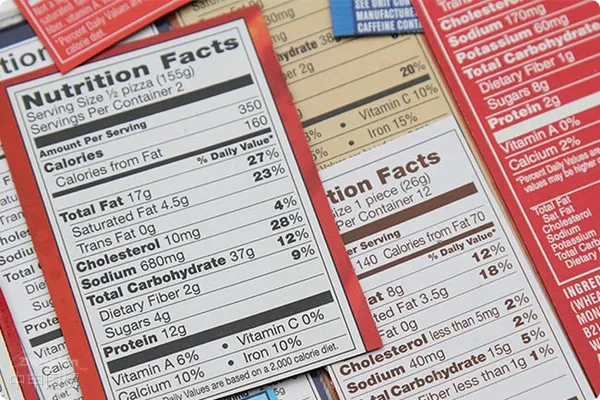
I. Vietnam Labeling Regulations
Vietnams latest labeling regulations were issued under Decree No. 111/2021/ND-CP on December 9, 2021, which took effect on February 15, 2022. This decree amends and supplements Decree No. 43/2017/ND-CP dated April 14, 2017, on product labeling. Notably, this decree does not apply to goods temporarily imported for re-export, goods temporarily imported for trade fairs or exhibitions, transit and transshipment goods, or fresh and raw foods or unpackaged processed foods sold directly to consumers.
II. Labeling Requirements
(1) Export Goods
Export goods must comply with Vietnams Decree No. 111, especially when the exporter is listed as an entity subject to this decree. However, if the export goods are not for domestic consumption in Vietnam, Vietnamese language labeling is not required.
(2) Import Goods
Vietnam requires that most imported consumer goods must have relevant labels. These labels must be in Vietnamese and include information about the product, contents, and origin.
While most goods require labeling, there are some exceptions:
(1) Goods temporarily imported for re-export:Such goods only enter Vietnam temporarily and will be re-exported later, so Vietnamese language labeling is not required.
(2) Goods temporarily imported for trade fairs or exhibitions:These goods are typically used for short-term display and will not be sold in Vietnam, so they are exempt from labeling requirements.
(3) Transit and transshipment goods:These goods are not ultimately sold in Vietnam but are merely transshipped through the country, so they do not need to comply with Vietnams labeling regulations.
(4) Fresh and raw foods or unpackaged processed foods sold directly to consumers:Since such goods are usually sold directly to consumers and do not involve long-term storage or transportation, they are exempt from labeling requirements.
(5) Fuel raw materials and construction materials:Such as minerals, bricks, tiles, lime, sand, stone, gravel, cement, etc. Since these goods are typically not directly targeted at general consumers, they are also exempt from labeling requirements.
(6) Unpackaged waste sold directly under agreements with consumers:In commerce and production, such waste is usually sold under specific contracts or agreements, so labeling is not required.
(7) Goods for security, defense, or emergency purposes:These special-purpose goods, such as military equipment or emergency relief supplies, also do not need to follow general labeling regulations.
III. Label Content Requirements
According to Decree No. 111, the labels of imported goods must include the following content:
(1) Product name:The name on the label should be clear and not cause confusion about the nature or purpose of the product.
(2) Name and address of the manufacturer or responsible entity:If the product is manufactured in Vietnam, the responsible entity is the manufacturer.
(3) Country of origin:The country of origin of the goods must be clearly stated on the label.
In addition to these basic details, depending on the nature of the product, the label may also need to include other information such as quantity, production date, technical specifications, health and safety warnings, usage instructions, storage guidelines, expiration date, and shelf life.
IV. Ingredient Declaration
Ingredient declarations are also a crucial part of labeling, especially for food and chemical products. This section needs to be highly detailed and accurate to avoid any potential misrepresentation or confusion.
V. Language Issues
Language is another important consideration. Vietnam requires all imported goods to have labels in Vietnamese. This is a key compliance requirement for businesses importing goods from other countries.
VI. Consequences of Non-Compliance
Non-compliance with Vietnams labeling regulations can lead to various consequences, including but not limited to fines, product recalls, and legal actions. Therefore, understanding and adhering to these regulations is a fundamental responsibility for any business seeking success in the Vietnamese market.
Related Recommendations
? 2025. All Rights Reserved. Shanghai ICP No. 2023007705-2  PSB Record: Shanghai No.31011502009912
PSB Record: Shanghai No.31011502009912
